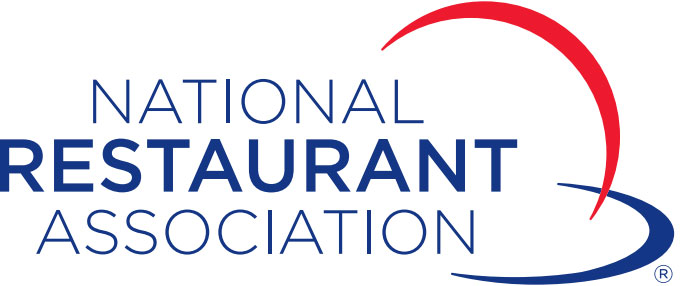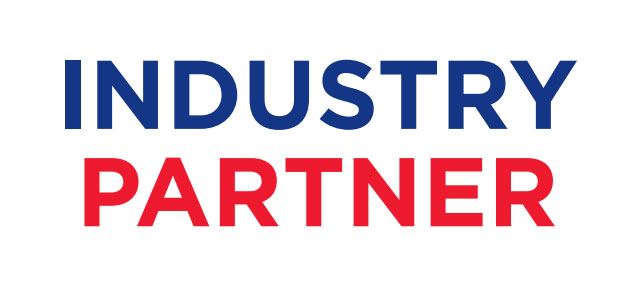“Burnout” isn’t a particularly scientific term, but it’s definitely a real condition. It’s a form of deep-seated exhaustion that can result from a prolonged high-stress situation if the stress isn’t effectively managed.
For example, there’s “caregiver burnout,” which affects people caring for a disabled or terminally ill loved one. But probably the most common form of burnout results from chronic workplace stress, which is especially prevalent among people who are highly invested in their jobs. In fact, 1 in 5 strongly engaged employees are at risk of burnout, as reported by the Harvard Business Review.
Neglecting your work-life balance is a significant contributor to employee burnout. That means too much of your time, focus, and energy are going to your job, causing you to neglect friends and family, recreation, hobbies, downtime, self-care and other fundamental aspects of leading a happy, healthy personal life.
Common Signs and Symptoms of Employee Burnout
Burning out is a gradual process—more like a candle going out than a light being turned off. Short of having a complete meltdown, there isn’t really an exact moment when burnout strikes. It’s important to watch for indications you’re beginning to burn out at work.
Some typical telling signs include:
- An increasingly negative attitude about your job or workplace
- Feeling stagnant, always behind, ineffective, unappreciated, overworked, etc.
- Decreasing interest in meeting work responsibilities to the best of your ability
- Persistent thoughts about quitting
- Inability to concentrate on work tasks
- Losing interest in socializing in and/or outside the workplace
- Putting less effort into self-care (e.g., exercising, eating well, getting enough sleep)
- A short temper or chronic tension
- Headaches, achiness, feeling worn out or unwell, or other nebulous symptoms
Tips for Establishing a Healthy Work-Life Balance
If you’re experiencing employee burnout, take corrective actions for the sake of your mental, emotional, and physical health. But even if you’re not, be proactive about work-life balance to help prevent reaching that point.
To promote work-life balance:
- Identify which people and activities are most important to you and make time for them
- Talk to loved ones about whether they feel neglected or think you’re working too hard
- Define work hours and don’t work outside them
- Disconnect from your computer, work email, and other things that suck you into working on personal time
- Schedule personal time, including a brief mid-day break from work
- Write prioritized to-do lists to help you get to everything you need to get to—at work and in your personal life
- Remember that downtime is not your time to get ahead at work
- Take vacations—even if they’re just day trips—to have restorative changes of scene
- Don’t work on vacation
- Get at least 30 minutes of daily physical activity; recruit friends and family as workout buddies to double up on exercising and spending time with people
- Volunteer for a cause that’s meaningful to you
- Practice good sleep hygiene; getting enough restful sleep is essential to preventing and remedying burnout
- Focus on healthy eating; good nutrition is key to your health, mood, energy, ability to focus, performance, and resilience in the face of stress
Looking for a Career That Fits Well in Your Life?
An engaging career in hospitality may be the perfect option. To learn about the possibilities, contact the hospitality staffing experts at Gecko Hospitality today.









